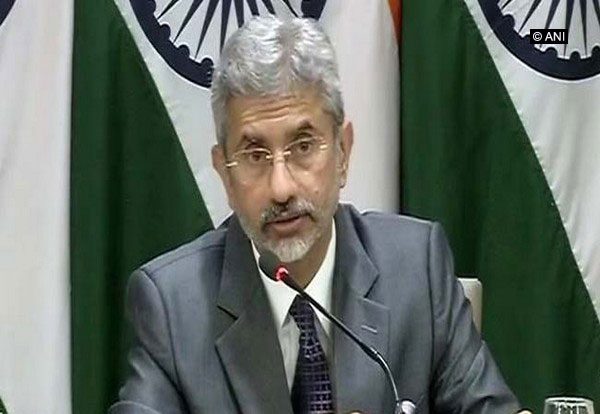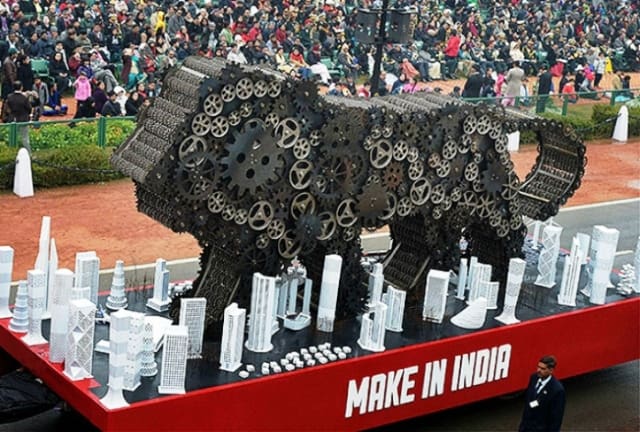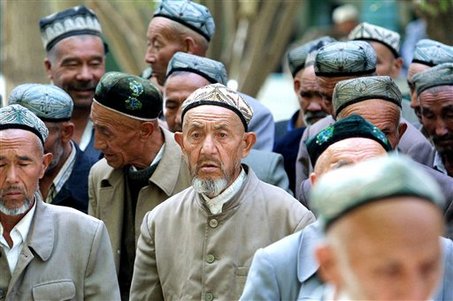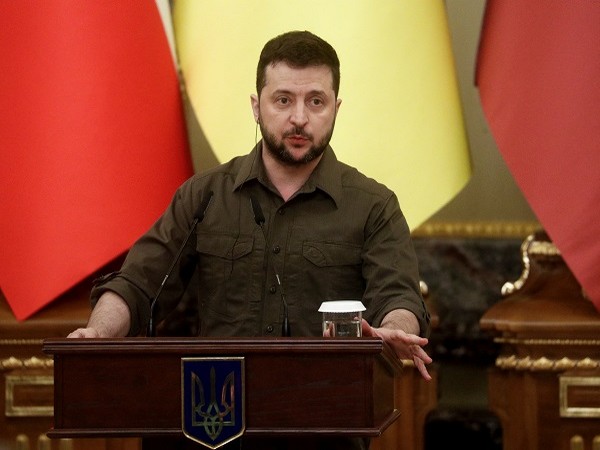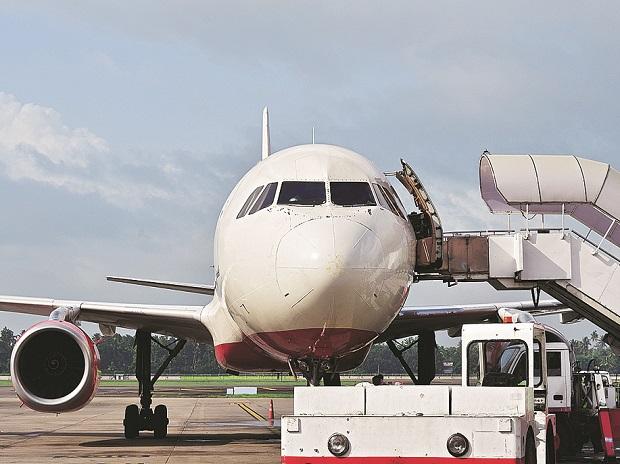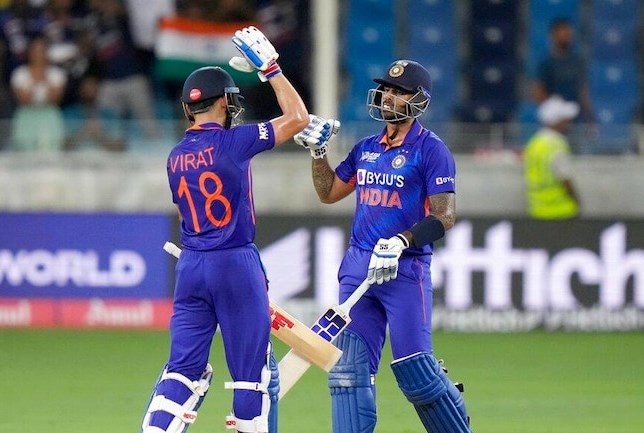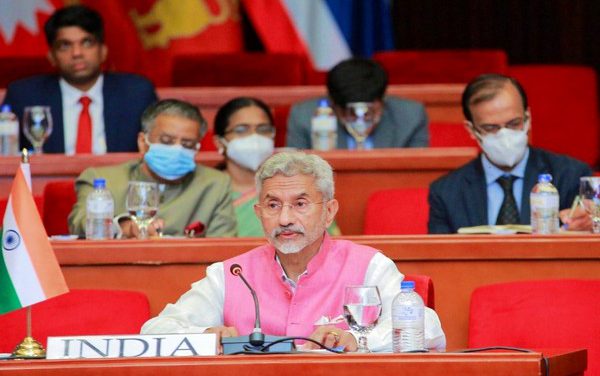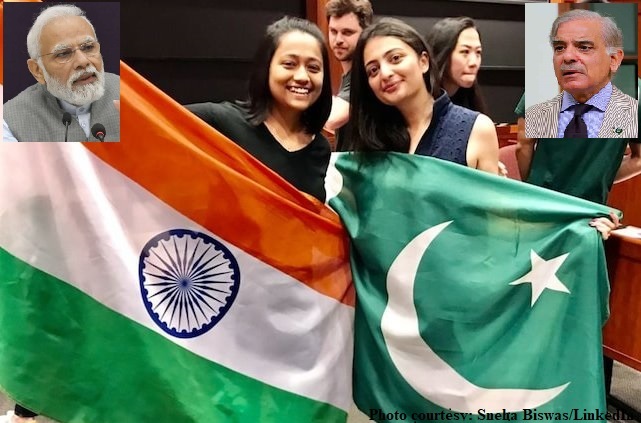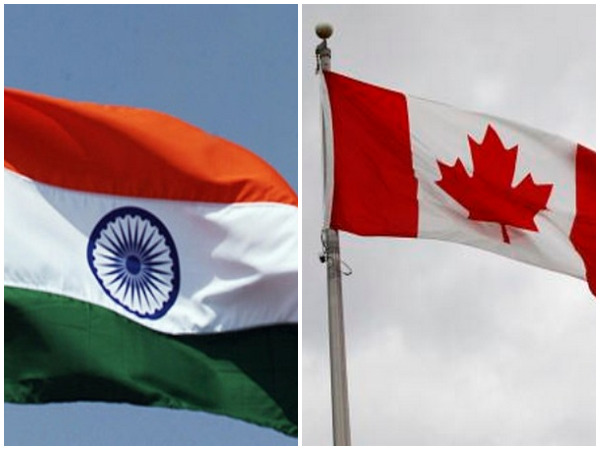Reiterating that a permanent seat, as well as reforms of the UN Security Council, remains India’s main priority, External Affairs Minister S Jaishankar Thursday asserted that India voices the interest and aspirations of a broad set of countries and added that the contemporary global issues cannot be solved by few countries only.
While addressing Auckland community business Jaishankar said, “There is a widespread acceptance that the problems of today cannot be solved by one, two, or even five of the countries in the United Nations Security Council. When we look at the reforms at the United Nations Security Council, we have an interest in becoming a permanent member of the security council.”
Currently, United Nations Security Council, also known as the Permanent Five or P5, are China, France, Russia, the United Kingdom, and the United States and India have been reiterating its bid for a permanent seat at the UN Security Council.
Over the multilateral Regional Comprehensive Economic Partnership (RCEP) grouping, External Affairs Minister Jaishankar reiterated that not joining RCEP was the “right decision.”
During Jaishankar’s address to Auckland Community business, he noted, “When it came to the RCEP, we took a decision in 2019 not to proceed in joining the RCEP. We weigh the pros and cons. We did an evaluation and many of the critical issues were not addressed in the final outcome.”
He continued saying, “India went back to the other 15 countries and shared some of its anxieties with them but they collectively took the view that they had gone as far as they could. So we decided that it was not in our interest.”
India joined the 15-nation ‘Regional Comprehensive Economic Partnership (RCEP) negotiations in 2012. In 2019, 15 nations, including China, Japan, South Korea, Australia, and New Zealand among others, signed the free trade agreement. However, India walked out of the negotiations, citing national interests.
He also emphasized that climate change also remains one of the top issues in today’s time.
Pointing to the discriminatory approaches adopted in the world in responding to the COVID pandemic, Jaishankar said that the pandemic has revealed to us “how iniquitous and how selfish this world is.”
“I am not taking a moral position. There were several discriminatory policies. If you go to South Africa there is a strong sense of anger and how they were treated during COVID,” Jaishankar added.
Moreover, Jaishankar said Thursday that India is one of the biggest manufacturers of vaccines, and even while vaccinating Indians, the country has helped others.
Addressing the Auckland community business here, Jaishankar said, “During Covid, we were one of the biggest manufacturers of vaccines. We still are. And even while we were vaccinating our own people we took a very conscious decision to help others and we prioritized countries that don’t have access to the free vaccines.”
Jaishankar also said that the entire world is suffering from the Russia-Ukraine war and mentioned the Taliban takeover in Afghanistan as also a big issue.
Responding to a question about the existence of a binary view in the world and India’s position in that, Jaishankar believed that the binary view is “outdated” and said, “One of the changes we have seen in the last few years is the US itself much more open to working with countries outside the traditional alliance or treaty or relationship.”
“So, you have mechanisms like the court, which involves some traditional alliance for the US but also a country like India, which has historically stayed away from alliances and treaties,” he added.
“You know my sense of why we should really pit the binary framework to rest if you look at the distribution of power which are the major economies of the world. Economies large enough to have an impact on global decision-making,” he added.
He also said that in the 1970s and 80s the decisions were mainly taken by G7 countries but with time the decisions’ centrality shifted to G20.
Jaishankar said that India is the fifth-largest economy in nominal terms and is expected to become third largest by the end of the decade.
The External Affairs Minister recalled that India was requested to press the Russians on the issue regarding the safety of the Zaporizhzhya nuclear power plant when the countries increased their fighting near the nuclear facility.
Jaishankar said, “When I was in the United Nations, the big concern at that time was the safety of the Zaporizhzhya nuclear power plant because there was some fighting going on very proximate to it.”
“There was a request to us to press the Russians on that issue which we did. There have been other concerns at various points in time, either different countries have raised with us or the UN has raised with us. I think at this time whatever we can do, we will be willing to do,” the EAM added.
Earlier, Jaishankar held talks with his New Zealand counterpart Nanaia Mahuta and took up visa issues being faced by Indian students due to Covid-19 measures imposed by the country.
In Auckland, EAM will participate in an event on October 6 along with Prime Minister Jacinda Ardern to felicitate members of the Indian community in New Zealand for their exceptional achievements and contributions.
After wrapping up his New Zealand visit, the EAM will be visiting Canberra and Sydney. (ANI)
Read More:https://lokmarg.com/
